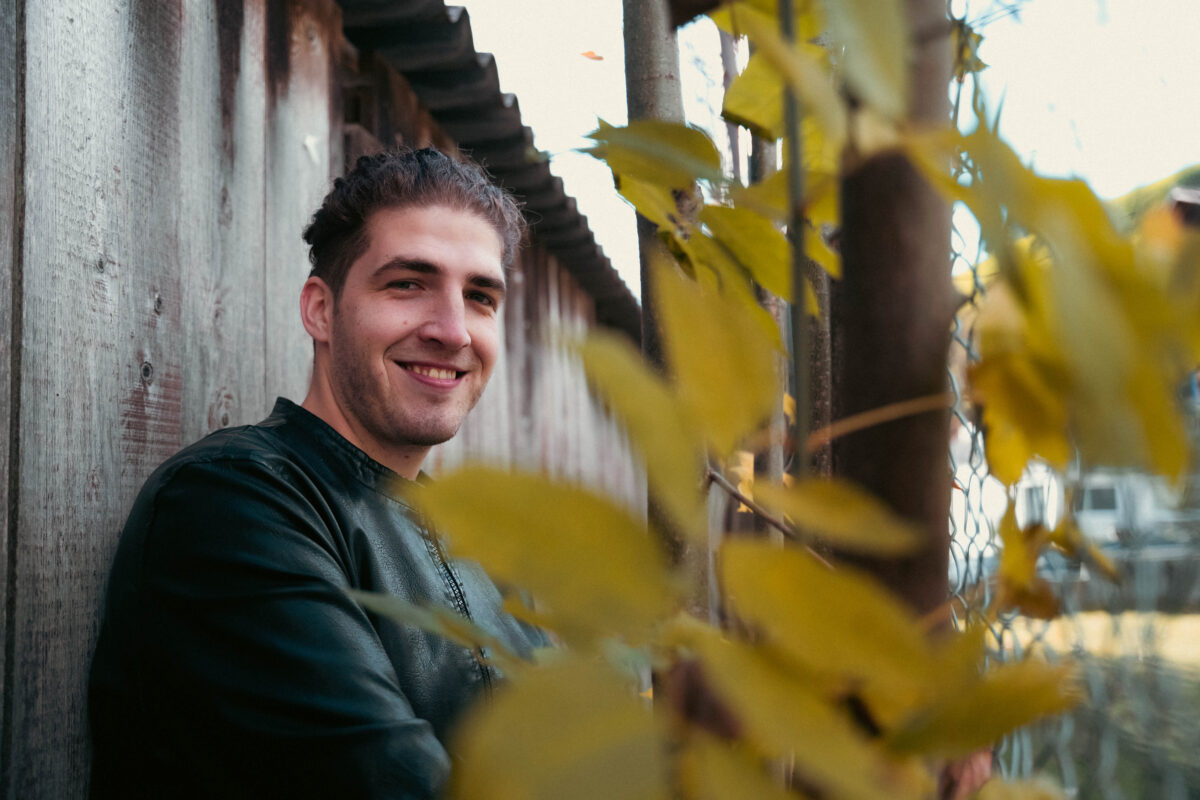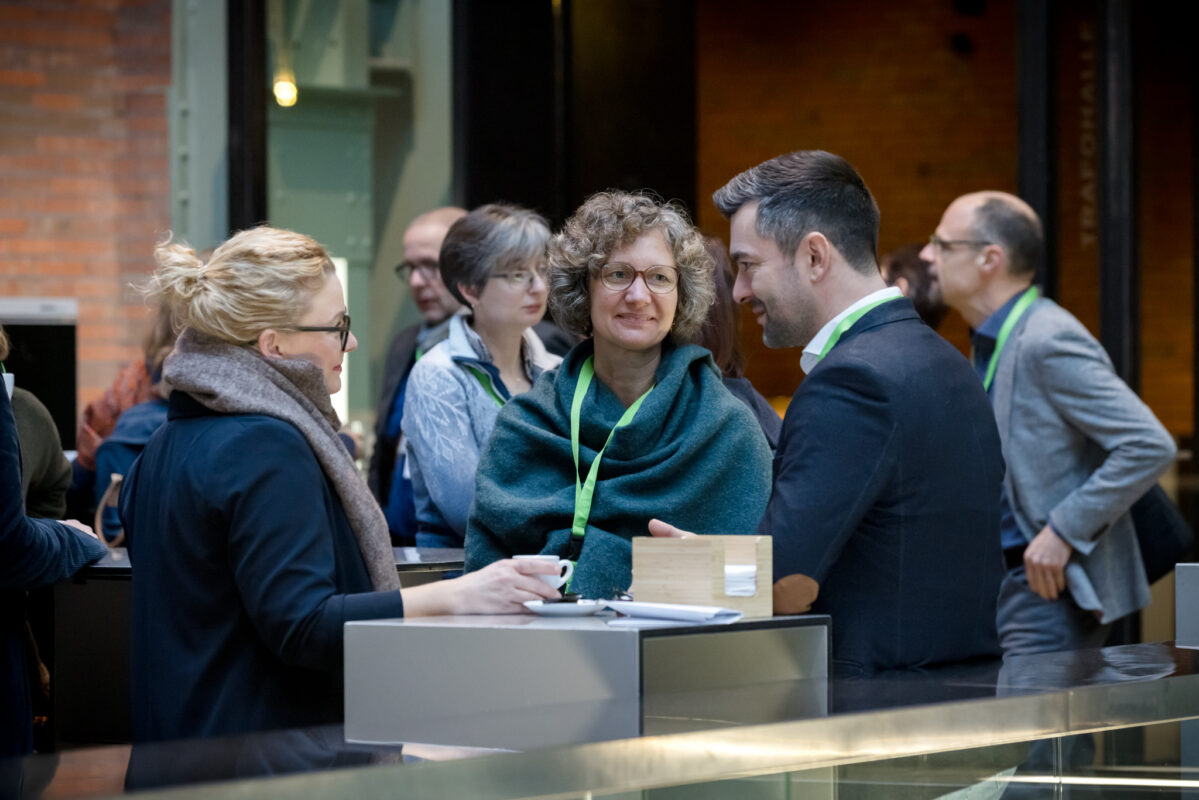"Nothing about us without us"
4 central principles for inclusion in music education
What is important to know when thinking about inclusion? In this interview, Claudia Casanova, President of the Conference of Aargau Disability Organizations (KABO) and participant in FMB 2023, outlines the most important foundations for a resource-oriented approach.
Nothing about us without us
"It's quite simple - wherever people talk about us, we want to have a say and a say," says Claudia Casanova. It's a question of attitude: it's about equality. In Switzerland, for example, this is made more difficult by the fact that in recent times there have been no war veterans who were reintegrated into society and the world of work in an appreciative manner after their service, as is the case in the Anglo-Saxon world, for example. And Switzerland's wealth led early on to special paths for people with disabilities (special school education, work in workshops), which many no longer want to follow but can hardly leave once the course has been set: because 70% of children who were once enrolled in special school later remain in special settings with homes and workshops
People with disabilities are not a homogeneous group
"A wheelchair user and a visually impaired person have very little in common when it comes to accessibility," says Claudia Casanova. The spectrum of disabilities is huge - and people who are not disabled from birth, but as a result of an accident or illness, feel very strongly how their position in society changes as soon as they are considered disabled.
Responding to individual needs
Accordingly, in most cases, it makes more sense not to create new, separate spaces for music lessons for people with disabilities - but to integrate them into normal lessons and provide the appropriate individual support where necessary. "Perhaps a Braille edition of the sheet music is needed for a student with a visual impairment," says Casanova, "and an assistant may be needed for a cognitively impaired student."
Be open and creative
"Don't let fear be your guide," emphasizes Casanova. "Instead, let curiosity and openness guide you when teaching music to people with disabilities, and meet challenges calmly and step by step. As a musician and teacher, you bring people the joy of music. You are fulfilling a very important task - and you are a virtuoso at it anyway!"








